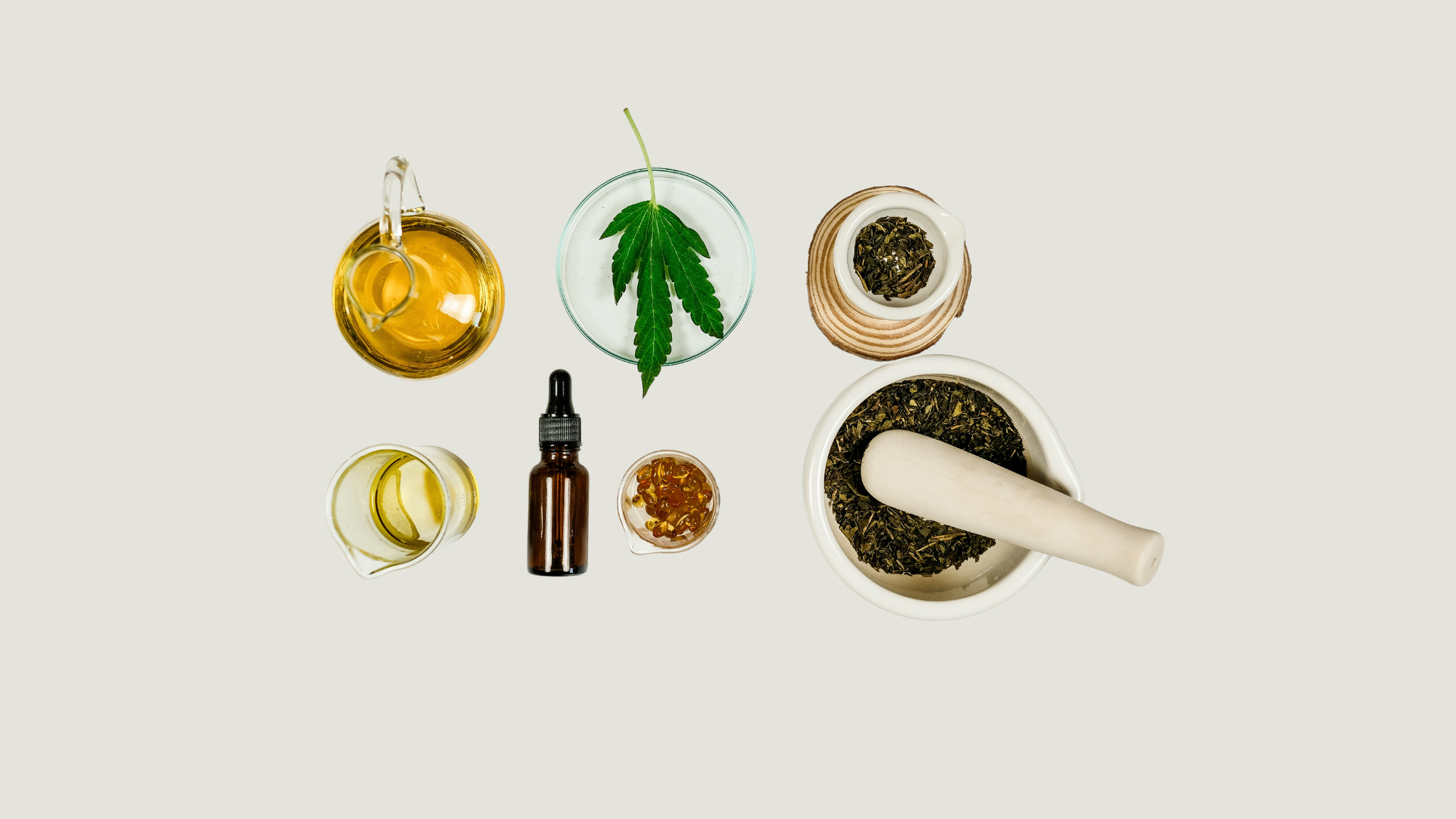
The Ultimate Guide to CBD (Cannabidiol)
The North Carolina Healthy Alternatives Association (NCHAA) is proud to present a comprehensive overview of cannabidiol (CBD), a non-intoxicating cannabinoid found in both hemp and marijuana that has gained immense popularity for its potential therapeutic benefits.
CBD, or cannabidiol, is the second-most abundant cannabinoid in the cannabis plant, following tetrahydrocannabinol (THC). Unlike THC, CBD does not produce a high and is celebrated for its anti-inflammatory, analgesic, anti-anxiety, and seizure-suppressant properties. Sourced from both cannabis and hemp plants, CBD is widely available and legal under specific conditions.
There are three primary types of CBD products:
- Full-spectrum CBD: Contains all the naturally occurring compounds in the cannabis plant, including trace amounts of THC, other cannabinoids like CBG and CBN, and terpenes. This combination can produce the "entourage effect," enhancing therapeutic benefits.
- Broad-spectrum CBD: Contains a wide range of cannabinoids and terpenes but has THC reduced to non-detectable levels, typically less than 0.01%.
- CBD isolate: The purest form of CBD, containing no other cannabis compounds. It undergoes several rounds of processing to achieve 99%+ purity.
The history of CBD is rich with scientific discovery. In 1940, Harvard-trained chemist Roger Adams first successfully extracted CBD from cannabis. By 1963, Dr. Raphael Mechoulam described CBD's chemical structure, distinguishing it from THC and laying the groundwork for understanding its non-intoxicating nature. Despite this, CBD remained in the shadow of THC until the late 20th century, when interest in its therapeutic potential began to grow.
CBD is extracted from either cultivated hemp or low-THC cannabis strains. The extraction process involves methods like CO2 extraction, solventless extraction, or oil infusion, followed by refinement to isolate CBD from other compounds. This purified CBD is then added to various products, including oils, capsules, creams, and edibles.
CBD and THC have significant differences:
- Effects: THC is intoxicating and alters perception, mood, and consciousness, while CBD does not produce these psychoactive effects.
- Legality: THC is a controlled substance, whereas hemp-derived CBD with less than 0.3% THC is legal at the federal level in the US.
- Therapeutic benefits: THC is known for its pain-relieving, anti-nausea, and appetite-stimulating properties. CBD is being explored for its anti-inflammatory, anti-anxiety, antipsychotic, and anticonvulsant properties.
- Side effects: THC can cause side effects like impaired coordination and increased heart rate, whereas CBD is generally well-tolerated with mild side effects like drowsiness and dry mouth.
CBD can be consumed in various ways:
- Oral: Oils, edibles, drinks, and tinctures offer versatile and convenient options, with effects typically lasting 4-6 hours.
- Inhalation: Vaping or smoking provides quick effects, lasting around 1-3 hours but may not be suitable for everyone.
- Topical: Creams, balms, and lotions offer localized relief without entering the bloodstream.
Dosing CBD can vary based on individual needs and conditions. For instance, starting with a dose of 2.5-10 milligrams may help reduce anxiety, while 160 milligrams may be used for inflammation. It's essential to consult a healthcare professional before starting a CBD regimen.
CBD is generally considered safe, with a low risk of overdose. However, it can cause mild side effects like dry mouth, dizziness, and changes in appetite. Always start with a low dose and gradually increase it to find the optimal amount for your needs.
CBD products can be purchased from dispensaries, pharmacies, health stores, specialty shops, and online. When selecting CBD products, look for a certificate of analysis, detailed product labels, and a clear understanding of the THC:CBD ratio.
The NCHAA believes in the potential of CBD to provide significant health benefits. Comprehensive research, regulation, and education are essential to ensure its safe and effective use. The NCHAA is dedicated to promoting policies that support the responsible use of CBD and other cannabinoids in the evolving landscape of alternative health solutions.

